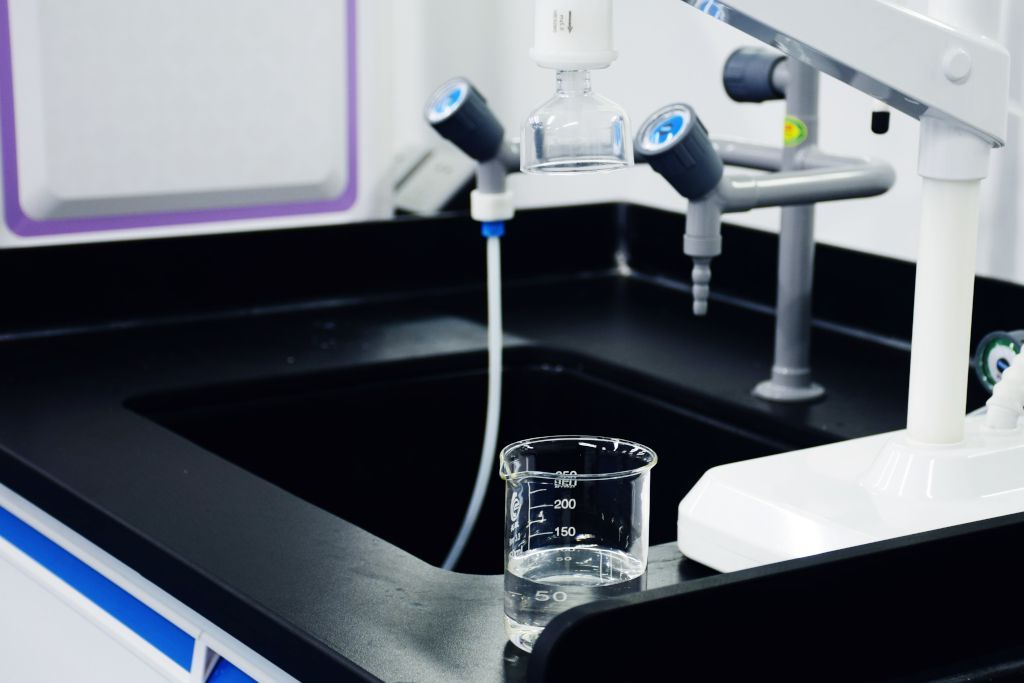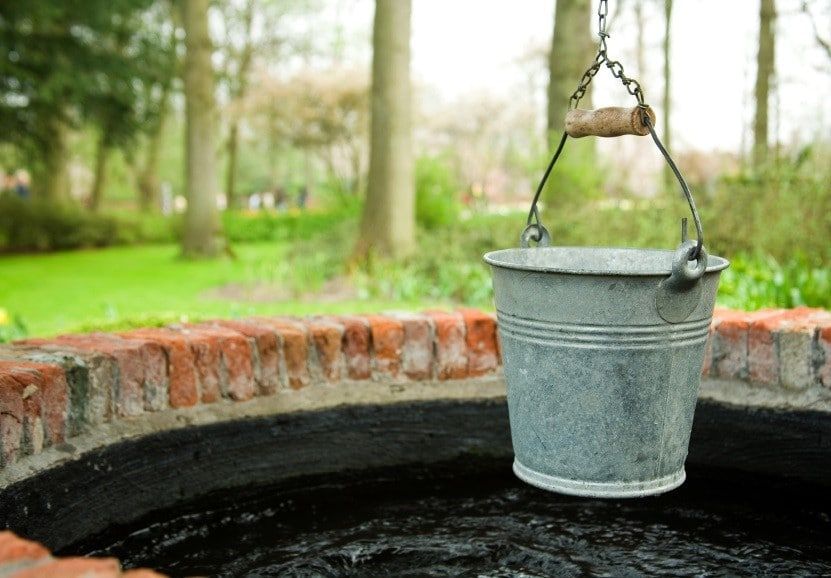Whole-house water filters are installed at the point where the main water line enters the house and filters the water before it is distributed to the various fixtures and appliances in the home, such as sinks, bathtubs, showers, and washing machines. Point-of-entry (POE) filters are those installed on the main water line entering a home. They are the entry points for the water supply, screening out contaminants and letting only purified water reach your sinks and dishwashers.
The purpose of a whole-house water filter.
Whole-house water filtration systems are versatile and can be tailored to suit your needs, allowing you to eliminate unwanted substances from your drinking water. Water softening, sediment filtering, and chlorine odour removal are all possible improvements, depending on where you get your water supply for the house. A whole-house water filter can solve any water quality issue you’re having, regardless of how complex the situation may be.
To what extent do whole-house water filtration systems improve water quality?
Many households are realizing the benefits of installing a whole-house water filtration system.
- Depending on your water problems, we can design a system to • Remove a wide range of impurities from water.
- Enhance the flavour and aroma of water.
- Maintaining appliances for more extended periods.
- Keep water pipes in good condition
- Give you more calmness of mind.
- Every last drop of water that enters your home has been purified. Filtered water is safe for all of your household needs. In addition, the water supply that enters your house has been treated to eliminate any potential for contamination by living organisms. This is essential if you use a well for your water supply. If you have city water, this is a safety net for your family if the city supply ever goes dry.
- Reduce the use of disposable plastic water bottles
- Avoiding single-use plastics helps reduce trash and is better for the planet.
Do I need a whole house water filter?
There are several scenarios where a whole-house water filter would be necessary. A complete home filtration system can help if your water supply is generally contaminated or of low quality. You may need to filter out sediment and sanitize your water supply if you rely on a well. If you use municipal water, you should filter off the chlorine to improve the water’s flavour and aroma. A water softener is an excellent investment if you have hard water. A whole-house filtration system can be custom-made to fix any issues with your water supply.
A whole-house filtration system might not be necessary if you’re only interested in purifying water for drinking and cooking. It makes more sense (and is cheaper) to use a filter that can be placed under the sink or on top of the counter. Still, a whole-house water filter is a need if you want to rest easy knowing that the water in every sink and appliance in your home has been thoroughly purified.
Does a whole-house water filter alleviate the effects of hard water?
By design, a whole-house water filter will not reduce the hardness of your water supply. It’s meant to filter out harmful substances but won’t eliminate the minerals that produce hardness in water. Extreme water hardness can reduce the efficiency of a whole-house water filter.
What Is Hard Water?
Soft water is transformed into hard water by passing it through minerals like limestone or gypsum. Water used for drinking, showering, washing dishes, and other household chores may contain residue.
Because of its higher mineral content, hard water can be helpful in small doses. However, it comes with many unpleasant side effects that turn off many potential customers. For instance, it can coat your hair after a shower or leave an unpleasant film on your dishes after washing. For this reason, many individuals who live in locations with hard water opt to have it softened.
Water softeners vs whole-house water filters
In most cases, water softeners and whole-house filters are offered separately due to their distinct functions. This guarantees the best possible results from each filter’s designated treatment.
Those living in exceptionally hard water areas may benefit from combining the two methods. To get the most out of your whole-house water filter, ensure it is softened adequately before passing through it.
How a Water Softener Works
A resin bed, typically composed of negatively charged tiny beads, is used in most water softeners. Calcium, magnesium, and other positively charged minerals that are the usual targets of water softeners are attracted to the beads and “stick” to them when the water travels through the system.
The final product is water with drastically decreased mineral content. Depending on the softener’s capacity and the water’s hardness, you can get very near to eliminating mineral content.
Which Option Is Right for Me?
The best method of water purification for you will depend on your specific needs. When dealing with water tainted in any way, it is recommended to install a whole-house water filter to lessen the impact of any toxins.
However, a water softener is required when dealing with hard water. Using a whole-house water filter on hard water typically necessitates additional water softening. Because of the high mineral content, the whole-house filter may function better, or its filters may wear out sooner. Because of the increased frequency with which filter cartridges must be replaced, this may increase the total cost of ownership.





